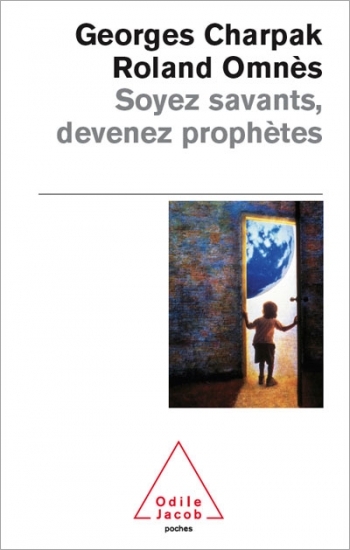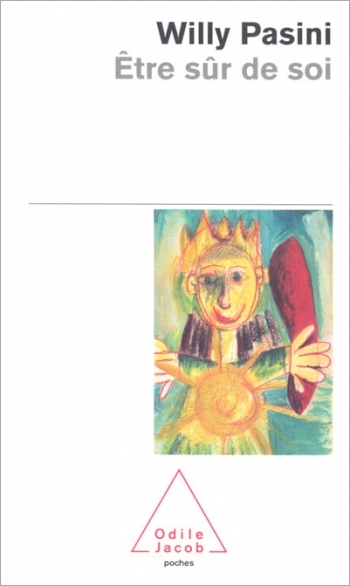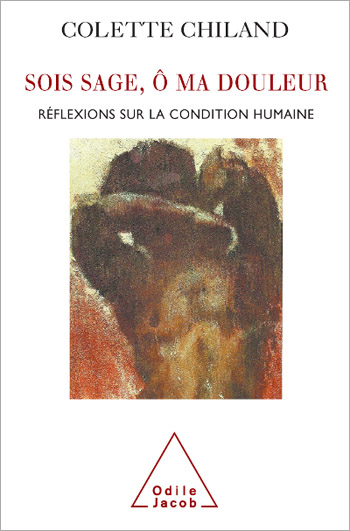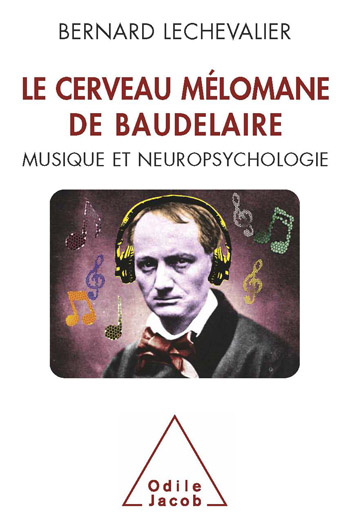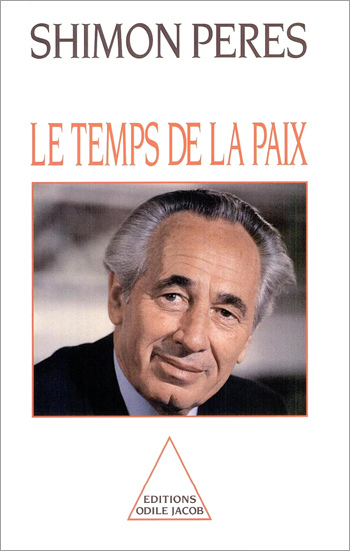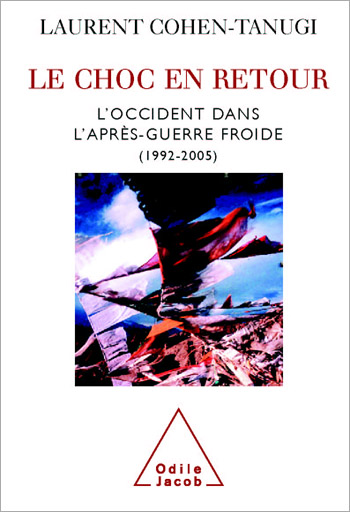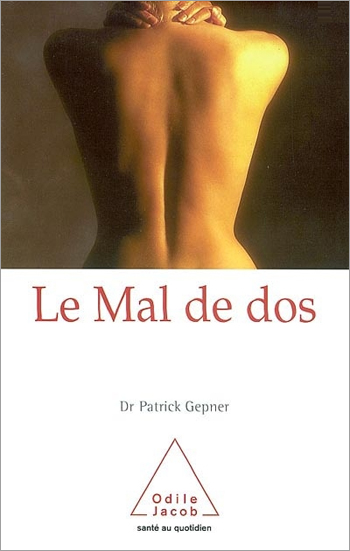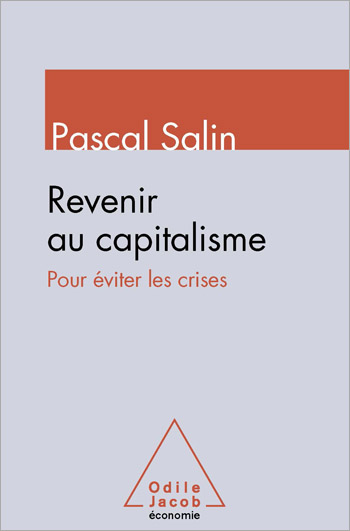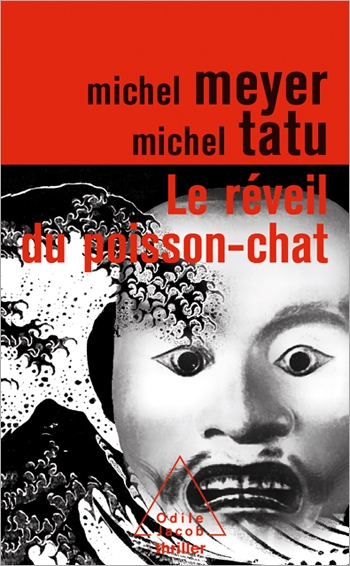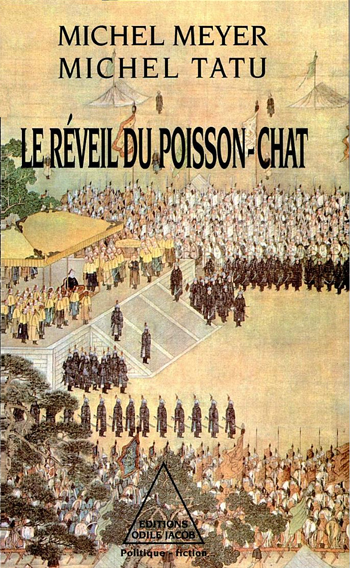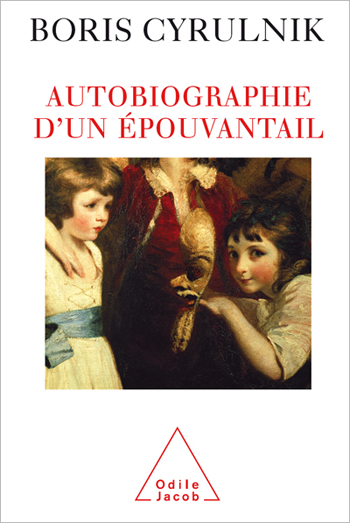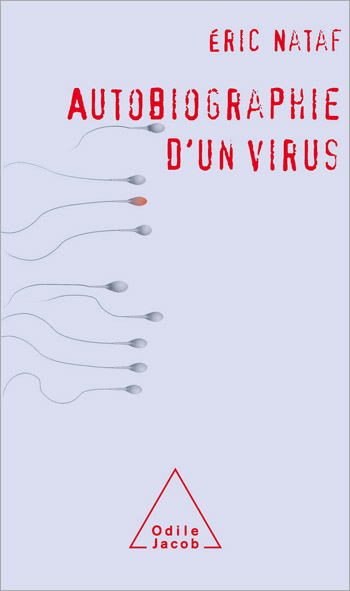Catalog All books
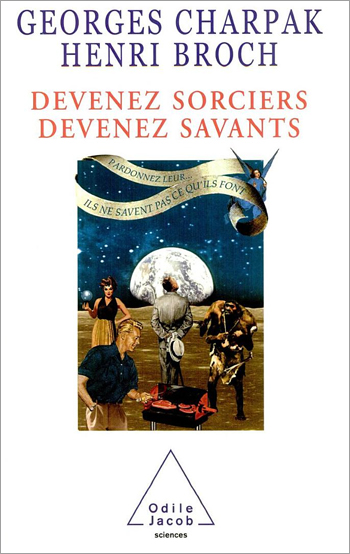
Georges Charpak, Henri Broch
Becoming a Magician is Becoming Wise
Would you like to know how to burn out a light bulb from afar? Would you like to know how to walk barefoot on burning coals without scorching your feet and as comfortably as if you were walking on the softest deep-pile rug? And would you like to understand why this is possible? Magic here has simply switched sides: it no longer belongs to the realm of the supernatural; it has become completely natural.The goal of this book is to make the reader understand that the supernatural does not exist and that it is essential in todays world to be scientifically literate. Georges Charpak, a physicist at CERN, is a winner of the Nobel Prize for Physics. Henri Broch heads the Laboratoire de Zététique at the University of Nice-Sophia Antipolis.
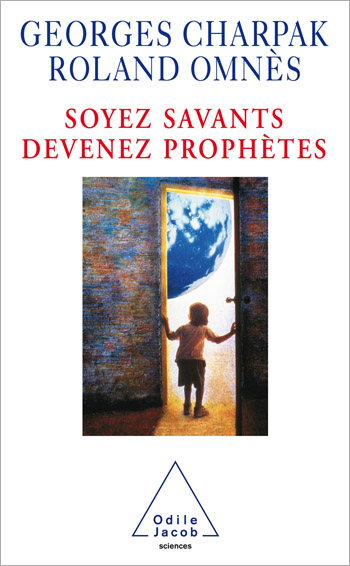
Georges Charpak, Roland Omnès
Becoming a Magician is Becoming Prophet
In a simple, accessible style the authors address questions that we all ask ourselves about science: Why hasn't science made human beings wiser? Hasn't it even had the opposite effect, rendering humans' criminal tendencies even more devastating? To answer these questions, the authors develop the idea that the advent and triumph of modern science have induced a profound change in humanity because science has given human beings the capacity to understand and master phenomena occurring on the microscopic level - a scale that is alien to them. Some of the fundamental elements of contemporary physics are presented here in game form. The authors argue that physics has left free human beings face to face with an equally free interplay of natural forces and that, without causality and finality, the world has become deprived of meaning. It is therefore hardly surprising that many have taken refuge in religion. But the authors propose an alternative to religion, arguing that we can fulfil our modernity by helping our children develop their love of experimentation so that they can discover the meaning of things for themselves - instead of embracing ideologies that can only be imposed through terror. Georges Charpak is a physicist and Nobel Prize Laureate in Physics. Roland Omnès is a physicist and Emeritus Professor at the University of Paris XI-Orsay.
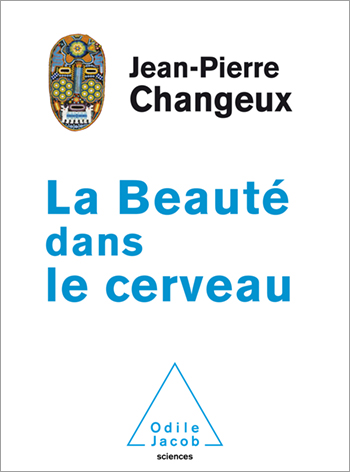
Jean-Pierre Changeux
The Beauty in the Brain
"Jean-Pierre Changeux is one of those rare spirits who both challenge and unify." A text containing ideas that are entirely new. Illustrated with many original case studies from the arts and sciences.
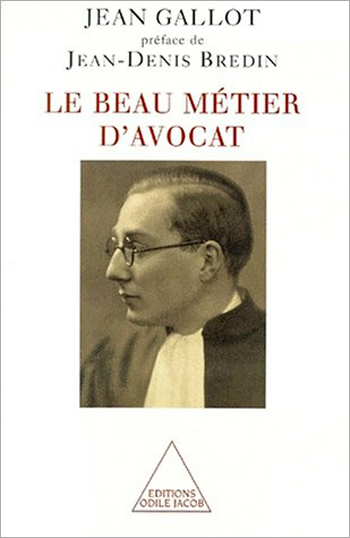
Jean Gallot
The Beautiful Job of Being a Lawyer
Jean Gallot was born at the beginning of the century and studied in Paris. He rapidly made a reputation for himself as one of the most brilliant lawyers of his generation. In this book, he reflects upon the copious experiences of a lifetime, the cases he so ardently defended and his meetings with famous people of the time. This is a precious record of an era, as well as of a profession that is currently undergoing major changes in France.
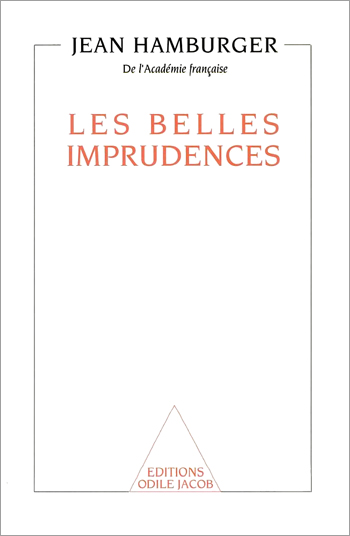
Jean Hamburger
Beautiful Imprudences
"Man has broken all the commandments to which living beings are bound. We had the audacity to want the weak to be protected. We gave rights to the individual. We decreased the rate of infant mortality and doubled the rate of life expectancy. But can we avoid the punishments of these beautiful imprudences?" Jean Hamburger Jean Hamburger was at the forefront of modern necrology and the principals of medical resuscitation. A member of the Académie Française and the Académie de Médecine, he was also President of the Académie des Sciences.
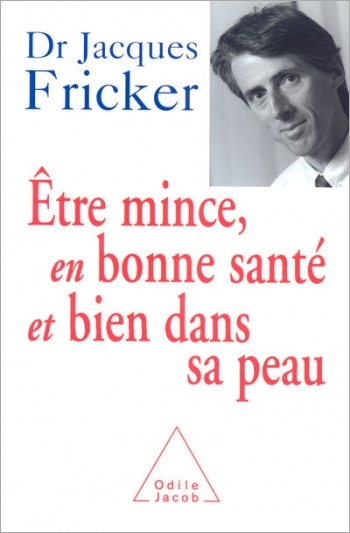
Jacques Fricker
Be Slim, Healthy and Feel Good in Your Skin
How should you eat to keep healthy while remaining slim? What should you do to maintain your ideal weight, without having to diet constantly and without putting on excess kilos over the years? If you have successfully followed a diet, how can you keep from putting the extra weight back on? How can you avoid the cycles of weight loss and weight gain? Above all, how can you keep your figure, as well as your health, and safeguard against illness by eating an optimal diet? This book shows how a single diet can enable you to simultaneously achieve these three goals figure, form, health. Jacques Fricker is a physician specialising in nutrition.
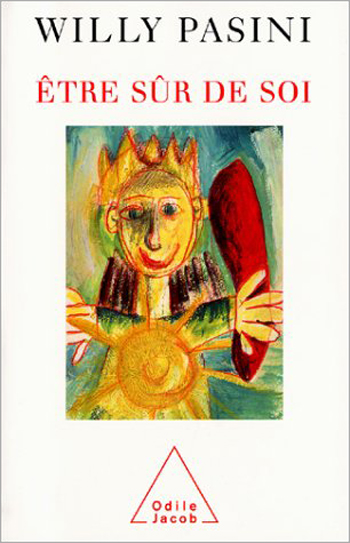
Willy Pasini
Be Self-Confident
Feeling self-confident means being capable of developing projects for the future and knowing how to push events towards success for ones self. But it also means being capable of living at peace with ones self. In this book, Willy Pasini explains exactly how self-confidence develops. What is the influence of the way we perceive our own bodies? What can be done instead to enhance our feelings of inner security? This is an essential work which should help readers calmly set out on the road to happiness. Willy Pasini is a psychotherapist.
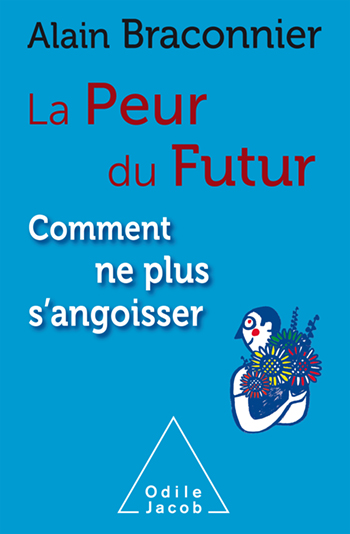
Alain Braconnier
Be Brave, Let’s Dream! How to Think of the Future Without Stressing Out
In line with Alain Braconnier’s books on optimism. In this book, he starts with an observation — there is a sort of general doubt experienced with regard to the future — and proposes tools to help move forward constructively into the future.
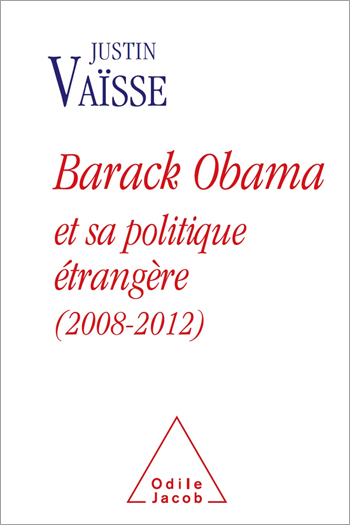
Justin Vaïsse
Barack Obama’s Foreign Policy (2008-2012)
In the run-up to the U.S. Presidential elections, an eminent specialist assesses the present administration
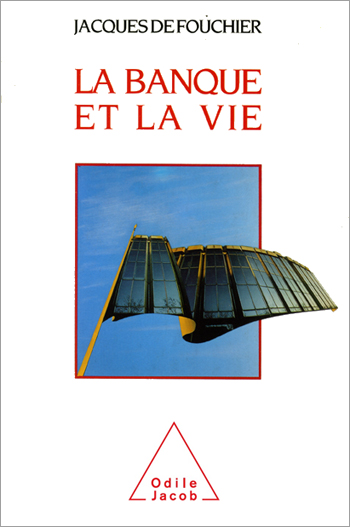
Jacques de Fouchier
Banking and Life
The story of the creation of the Compagnie Bancaire and the recent history of Paribas as told by one of the great French financiers and a primary player in his field, Jacques de Fouchier. A valuable testimony that illustrates his confidence in men and in life. Banker Jacques de Fouchier is currently the Honorary President of both the Compagnie Bancaire and Paribas. He is also the author of The Taste of the Improbable (1984).
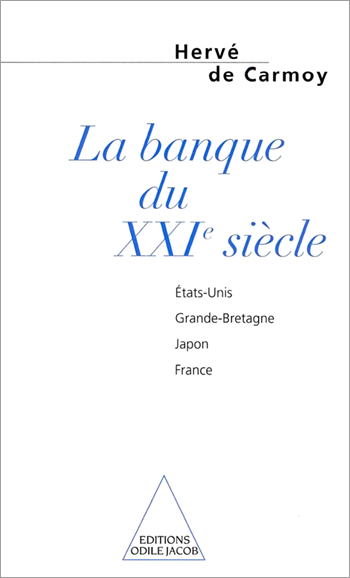
Hervé de Carmoy
The Bank of the 21st Century USA, Great Britain, Japan, France
This past decade has seen a profound modification of the banking environment due to technological mutations and a globalization of economy. What is the future of one of the oldest trades in the world, the money trade? What will tomorrow's bank look like?Hervé de Carmoy gives a thorough account of the recent banking evolutions in the United States, in London, in Japan, as well as in countries in full expansion, such as China. He takes stock of the setting up of bank industry in France. He questions the impact of drug money on financial circulation and diagnoses the emergence of a new banking model, the "Dividend-Bank", centered around transparence, rigour, profit and the obsession with clients. Former administrator-in-chief of the Midland Bank in London, Hervé de Carmoy is currently chairman of the BIMP. He is the author of "Banking Strategy".
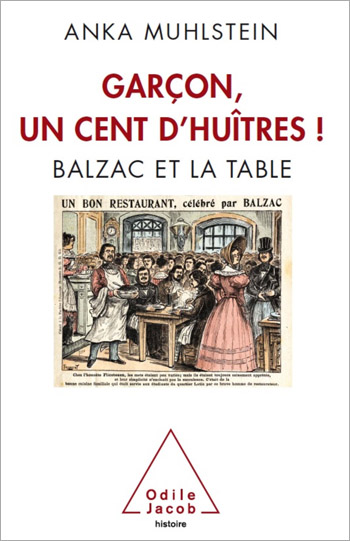
Anka Muhlstein
Balzac at Table
A luminous essay of “literary gastronomy” for food lovers as well as for anyone interested in the nineteenth-century novel
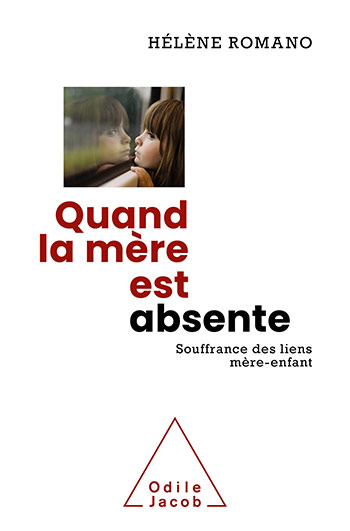
Hélène Romano
Bad Mothers Motherhood for Better or Worse
Confronting the disturbing issue of abuse by mothers can help us to better comprehend and heal the wounds associated with the mother-child relationship
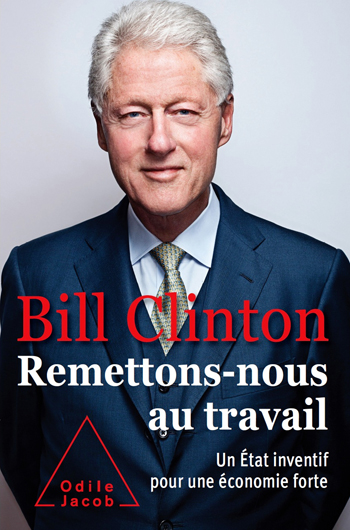
Bill Clinton
Back to Work Why We Need Smart Government for a Strong Economy
“There is simply no evidence that we can succeed in the twenty-first century with an antigovernment strategy,” based on “a philosophy grounded in ‘you’re on your own’ rather than ‘we’re all in this together.’ ” Bill Clinton
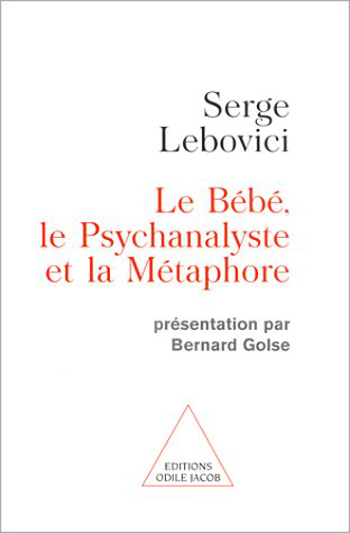
Serge Lebovici
The Baby, the Psychoanalyst and the Metaphor Presented by Bernard Golse
This exceptional document, the last work of Serge Lebovici, traces the history of metaphor as a concept for philosophers, linguists,and psychoanalysts. It particularly shows why this notion constitutes the keystone of psychic ontogenesis and of all therapeutic activity. A psychoanalyst, and professor of child and adolescent psychology, Serge Lebovici was the president of the International Psychoanalytical Society.
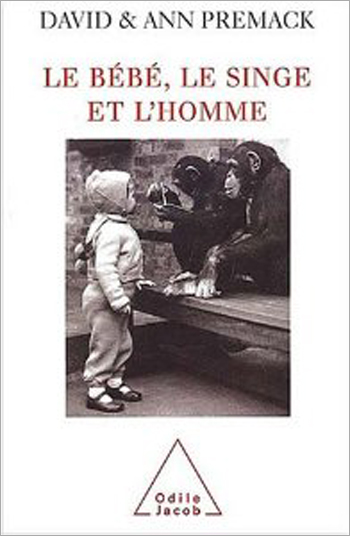
Ann Premack, David Premack
The Baby, the Ape and Man
The issue of the differences and similarities between humans and their cousins the chimpanzees governs the definition of human identity. How can this difference be explained? By studying the learning process of chimpanzees and comparing it to that of children, Ann and David Premack were gradually able to discover a series of differences, none of which were radical but when put together showed a yawning gap between the two species. The results they obtained enabled them to reconstruct little by little the sum of the differences that make up human identity. Ann and David Premack are specialists in the study of primates.
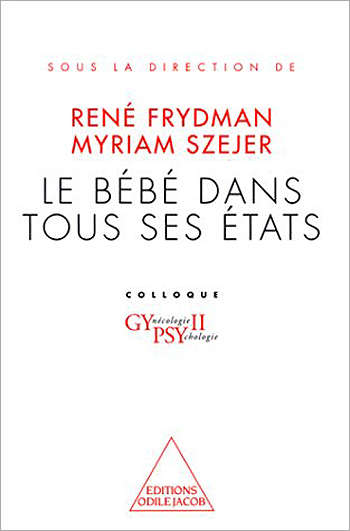
René Frydman, Myriam Szejer
The Baby Through All Stages of Development Gypsy II Conference
Can communication be established with new-born infants? Is it true that certain forms of sensory information can be transmitted to foetuses? How can doctors detect medical disorders which are the expression of psychic suffering in infancy? Can psychoanalysis help to relieve such disorders? To produce this report, paediatricians, midwives, psychotherapists, psychoanalysts, and researchers pooled their experience to provide a better understanding of what makes human beings develop harmoniously. The Gypsy II Conference was held in association with the organisation known as "La Cause des Bébés".
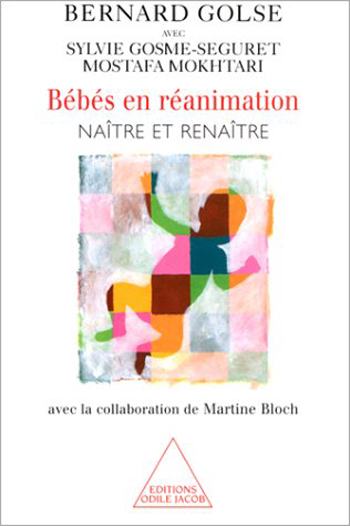
Bernard Golse, Sylvie Gosme-Seguret, Mostafa Mokhtari
Babies in Intensive Care Born and Reborn (with the collaboration of Martine Bloch)
Today, about 10% of all infants spend at least some time in an intensive care unit immediately after birth. This means that a significant number of babies begin their lives in a highly technical, medical environment, far from a home and family environment. How are these children affected by such early medical treatment? What is the impact on their psychic growth and development, and how can it be limited ? A child psychiatrist and psychoanalyst, Bernard Golse heads the child psychiatry department at the Hôpital Saint Vincent de Paul, in Paris. He teaches child and adolescent psychiatry at the University of Paris V.
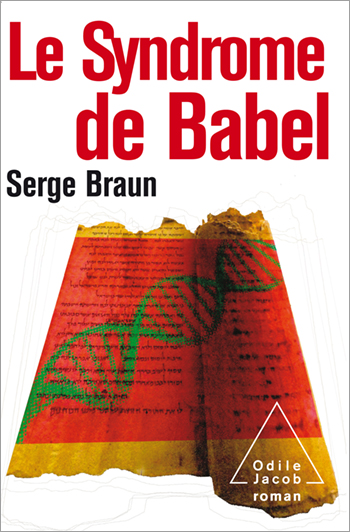
Serge Braun
The Babel Syndrome
A philiosophical reflection on the links between science, religion and more broadly the various areas of culture.
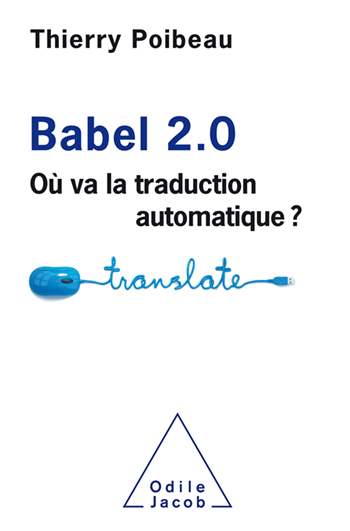
Thierry Poibeau
Babel 2.0 Where does machine translation go?
The complexity of natural language and its ambiguities are well designed to confuse the fully rational algorithms of our computers. The

